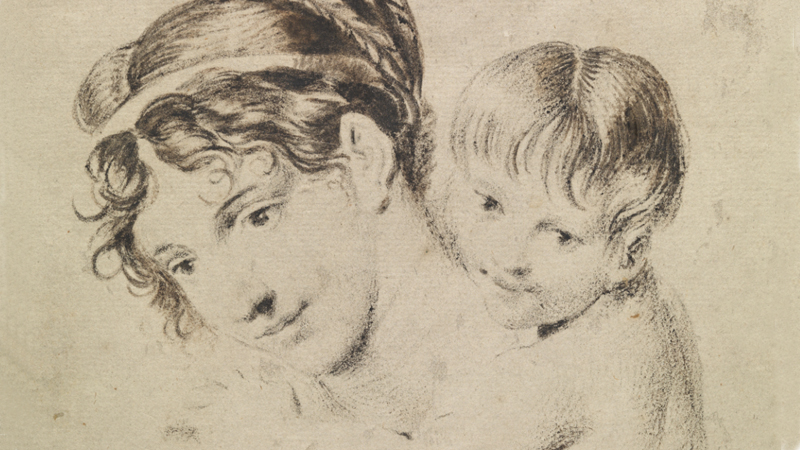The representation of children holds a prominent place in the graphic work of Domingos António de Sequeira (1768-1837). The importance given to this topic was rooted, at the social level, in an increasing appreciation of children, who from then on were at the centre of the family unit. This change in mentalities was partly due to the drastic decrease in the infant mortality rate, which led to the strengthening of emotional ties within families, fostering a new interest in the figure of the child and the world of childhood.
New themes emerged in the visual arts, aiming to highlight values such as innocence, gracefulness and sweetness. Alongside the increasingly frequent depiction of children in portraiture, both alone and as part of family groups, new representations of scenes from the world of childhood emerge. The little cherubs or cupids, commonly portrayed in the art of previous centuries, were now replaced by groups of young boys and girls engaging in various activities and games. Following a trend in European art that had been growing stronger since the second half of the 18th century, Domingos Sequeira addressed these themes in his drawings, in which we can observe the diversity of graphic solutions he pursued over the years.
CURATOR
Alexandra Gomes Markl
Exhibition booklet

CURATOR
Alexandra Gomes Markl
Exhibition booklet

